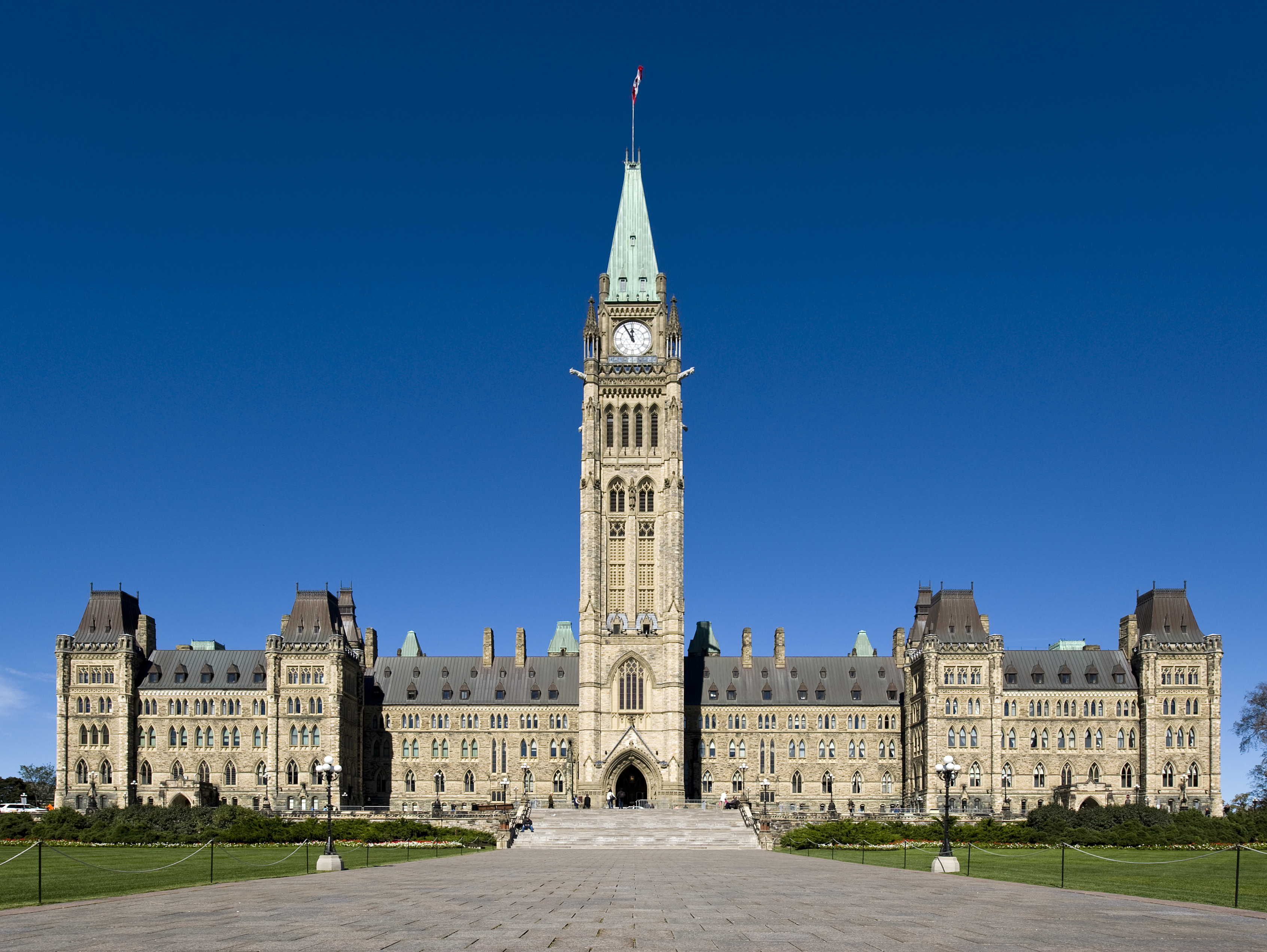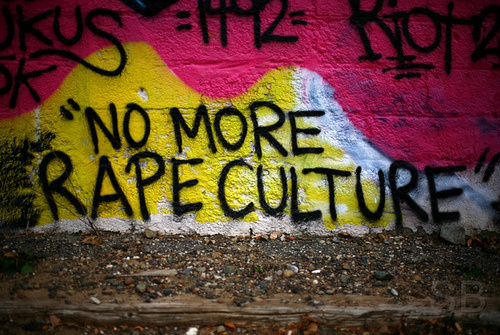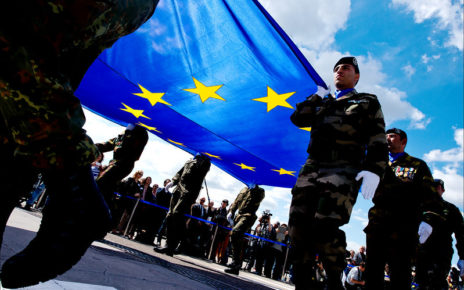“A Canadian is a Canadian is a Canadian.”
This became the resonating message of last year’s federal election campaign, encapsulating Justin Trudeau’s commitment to the sanctity of citizenship when the Liberal Party stormed to victory last October. At the heart of the debate on what it means to be Canadian was the Harper Conservatives’ controversial Bill C-24, also known as the Strengthening Canadian Citizenship Act (SCCA), which became law on June 20, 2014. Bill C-24 gives the federal government broad powers to remove Canadian citizenship from dual citizenship holders convicted of terrorism, espionage or treason, and to revoke citizenship in cases of misrepresentation.
Bill C-24 was widely decried by the Liberals, the NDP, the Green Party, and prominent civil society groups as a discriminatory bill essentially creating two classes of Canadians: those who could be stripped of their citizenship, and those whose citizenship is secure. “It is our profound belief that there should be one class of Canadian, not two classes of Canadian,” Immigration Minister John McCallum reiterated to reporters in February in the House of Commons, when new legislation, Bill C-6, was being debated to repeal certain of the more illiberal provisions of Bill C-24.
And yet, while the sections of Bill C-24 pertaining to the revocation of citizenship on the basis of national security have been repealed, the Liberals have failed to address the parts of the law that give the government vast powers to strip citizenship on the basis of misrepresentation. Not only that, the Trudeau government has in its one year in office revoked citizenship at much higher rates than the Harper Conservatives: 184 citizenship revocation decisions without legal hearings were made between November 2015 and the end of August 2016 on the grounds of misrepresentation, compared with only 52 revocations in Harper’s last 12 months in office. The Liberal Party has justified the revocations by arguing that they are aimed at cases of fraud.
However, several civil society groups and immigration lawyers have said that the individuals in question do not always fall under this category. The British Columbia Civil Liberties Association (BCCLA) and the Canadian Association of Refugee Lawyers (CARL) give the example of 2 young adults who, having spent all their formative years in Canada, had no intention of misleading the government, and having broken no laws, being notified of citizenship revocation because one of their parents misrepresented their birthplace on their original citizenship application.
The sometimes absurd situations that have arisen as a result of the law’s application and the lack of procedural fairness in the revocation process – with neither a hearing nor an appeal process in place for the person being stripped of citizenship – was perhaps nowhere as clear as the moment when the Maryam Monsef controversy erupted. Maryam Monsef, Minister of Democratic Institutions, recently found out she was born in Iran, not in Afghanistan as she had always believed. With one of their own ensnared by a bill that they are continuing to enforce, the Liberals are in a tight corner. While it is clear that suspending Monsef from the cabinet, revoking her citizenship, or even deporting her would be ludicrous and grossly disproportionate to the fault at hand, that is precisely the kind of situation many other Canadians are facing without opportunity to argue why they should retain their citizenship. With no legal aid funding available for cases of citizenship misrepresentation, obtaining a temporary stay in proceedings is in many cases only possible if one can afford costly legal fees. As it stands, individuals are given 60 days to fight the notice of citizenship revocation issued by Citizenship and Immigration Canada (CIC) by written submission.
The current process is procedurally unfair and of the Canadian Charter of Rights and Freedoms, argue the BCCLA and CARL. On September 26, the 2 organizations launched a legal challenge to the Federal Court arguing that the lack of opportunity to a legal hearing, to have the case decided by an independent decision-maker, and to argue why one should retain citizenship on humanitarian or compassionate grounds makes Bill C-24 in its current state unconstitutional.
Both civil society organizations argue that any Canadian facing the loss of Canadian citizenship must have a full and fair opportunity to defend themselves in a hearing. “In Canada, if we get a parking ticket, we can get a court hearing to defend ourselves. But if the government accuses a Canadian of lying and tries to take away their citizenship, they get no hearing and no opportunity to fully defend themselves. Even the person’s kids who grew up here could lose their citizenship, even though they were not at fault. That is absurd, and completely unjust,” said BCCLA executive director Josh Paterson.
The government is at a crossroads: Immigration Minister John McCallum has acknowledged that the process of revoking citizenship on the grounds of misrepresentation is unfair, and that he would be open to amending Bill C-6 to include an appeal process for those facing citizenship revocation. Yet, the government continues to aggressively use the existing provisions in Bill C-24 to issue revocation notices, refuses to impose a moratorium on revocations, and, when MP Jenny Kwan (NDP) attempted to introduce an amendment strengthening the appeal process, she was ruled out of scope by the Liberal committee chair.
Fixing the process that is currently in place for citizenship revocation may be forced upon the Liberals by the outcome of BCCLA and CARL v. Minister of Immigration, Refugees and Citizenship. However, having the constitutional challenge on Bill C-24 decide the Liberals’ path with regards to the citizenship law, rather than a decision emerging from within the government to address the law’s shortcomings, would severely undermine the credibility of the Liberals’ commitment to respect the sanctity of Canadian citizenship during their time in office.
For Trudeau and the Liberal Party, the coming months are a moment to stand by their commitment that, indeed, a Canadian is a Canadian is a Canadian.
Photo: Centre Block, Parliament Hill via Wikimedia Commons. Licensed under CC BY 3.0.
Disclaimer: Any views or opinions expressed in articles are solely those of the authors and do not necessarily represent the views of the NATO Association of Canada.




